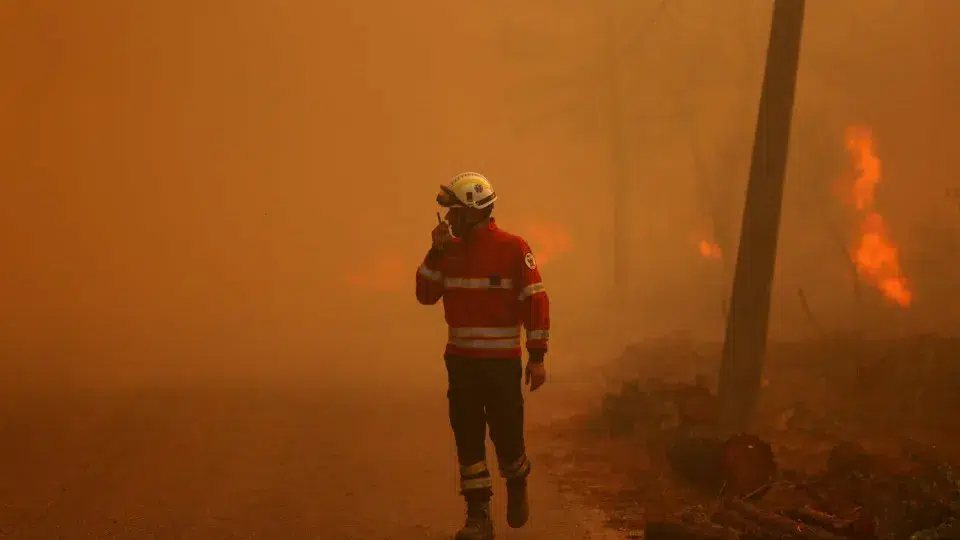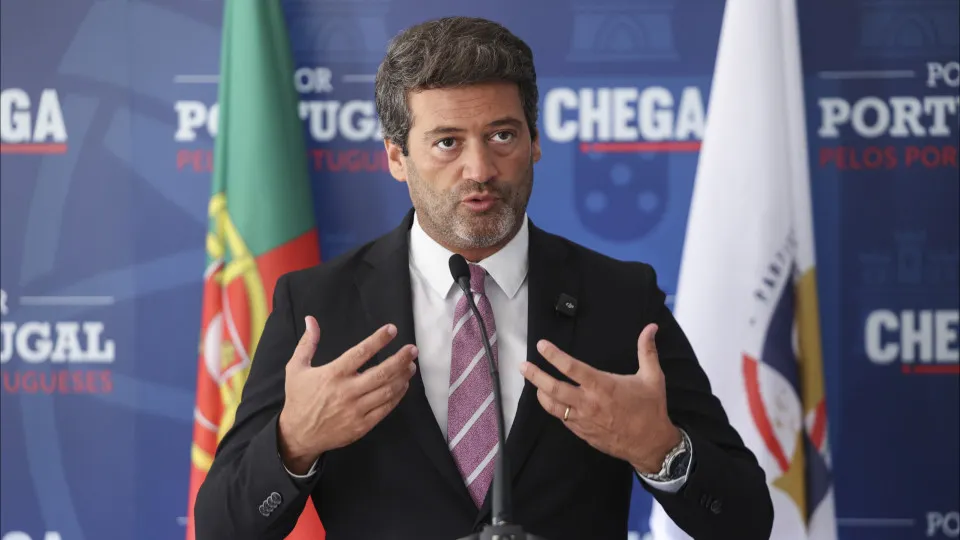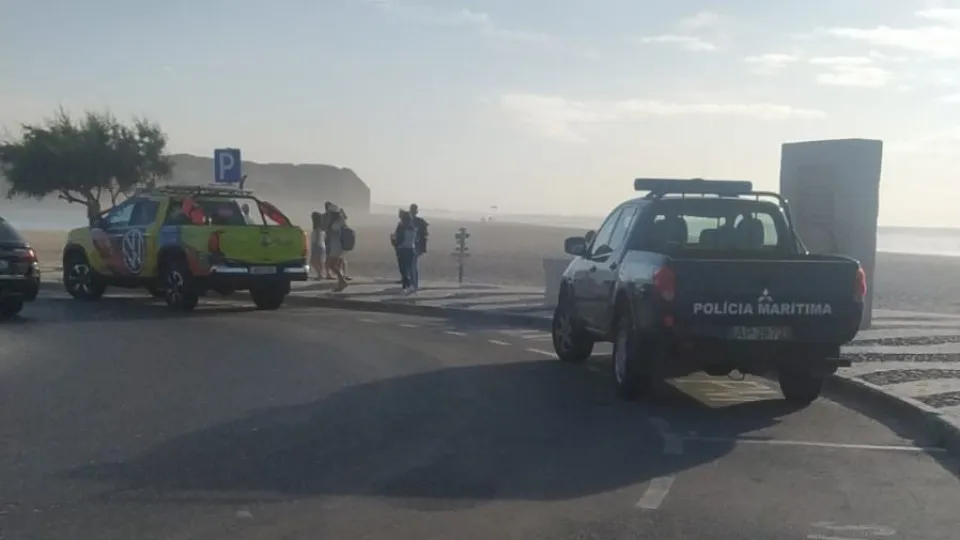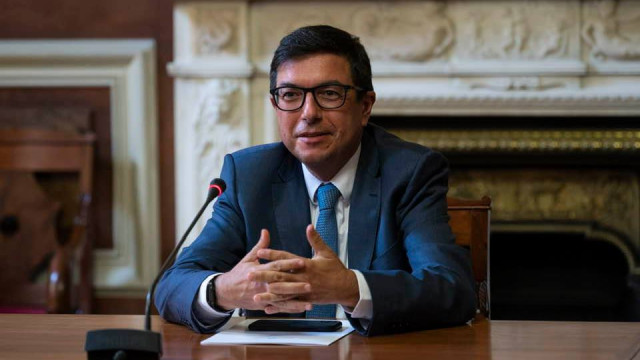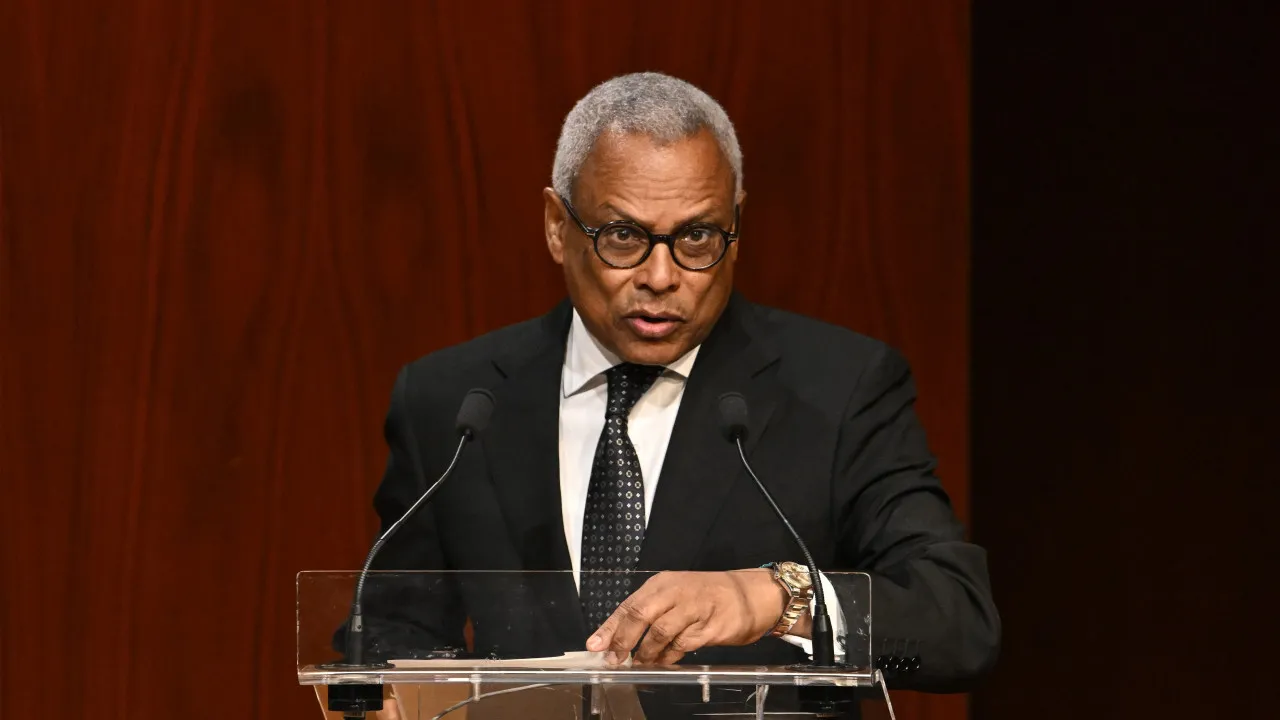
The President of Cape Verde praised the 50 years of the country’s independence during the closing of the National Assembly’s solemn session, describing the relationship with Portugal as a “beacon of understanding.”
“The exemplarity of our bilateral relations marked by multidimensional cooperation, a genuine friendship between our peoples, and the dignified reception of the vast Cape Verdean community constitutes a beacon of civility and understanding in an uncertain and volatile world,” stated the Head of State in the parliament’s main hall, with Marcelo Rebelo de Sousa in the audience—one of four heads of state attending the celebrations.
“We celebrate 50 years of material but also immaterial wealth, as our self-esteem has also increased. Besides material and economic progress, we celebrate the flourishing of our culture,” said José Maria Neves, highlighting achievements in arts and sports after enumerating various advances.
A history of “resilience and progress” that “also relies on the diaspora,” part of which resides in Portugal.
Cape Verde serves as an example for various parts of the world thanks to party pluralism, power alternation, local government, and stability—all governments have completed their mandates—the Cape Verdean President pointed out.
Nevertheless, much of his speech focused on consolidating the country’s democratic maturity by involving citizens.
Cape Verde has more than 60% of its population under 30, an “extraordinary” indicator, but “decent employment” is necessary, he added, so young people can be “at the forefront,” marking today as the start “of another 50 years of progress and achievements.”
The archipelago celebrates half a century of independence, proclaimed at Estádio da Várzea (now downtown Praia) on July 5, 1975, ending the Portuguese colonial regime in the archipelago.
The celebration program takes place in the capital and, besides the solemn session in parliament, includes a military parade and a commemorative session with speeches from the four visiting heads of state (Portugal, Guinea-Bissau, Senegal, and Luxembourg).
Simultaneously, an extensive cultural program includes exhibitions, conferences, and musical performances with dozens of artists in different parts of the city.

